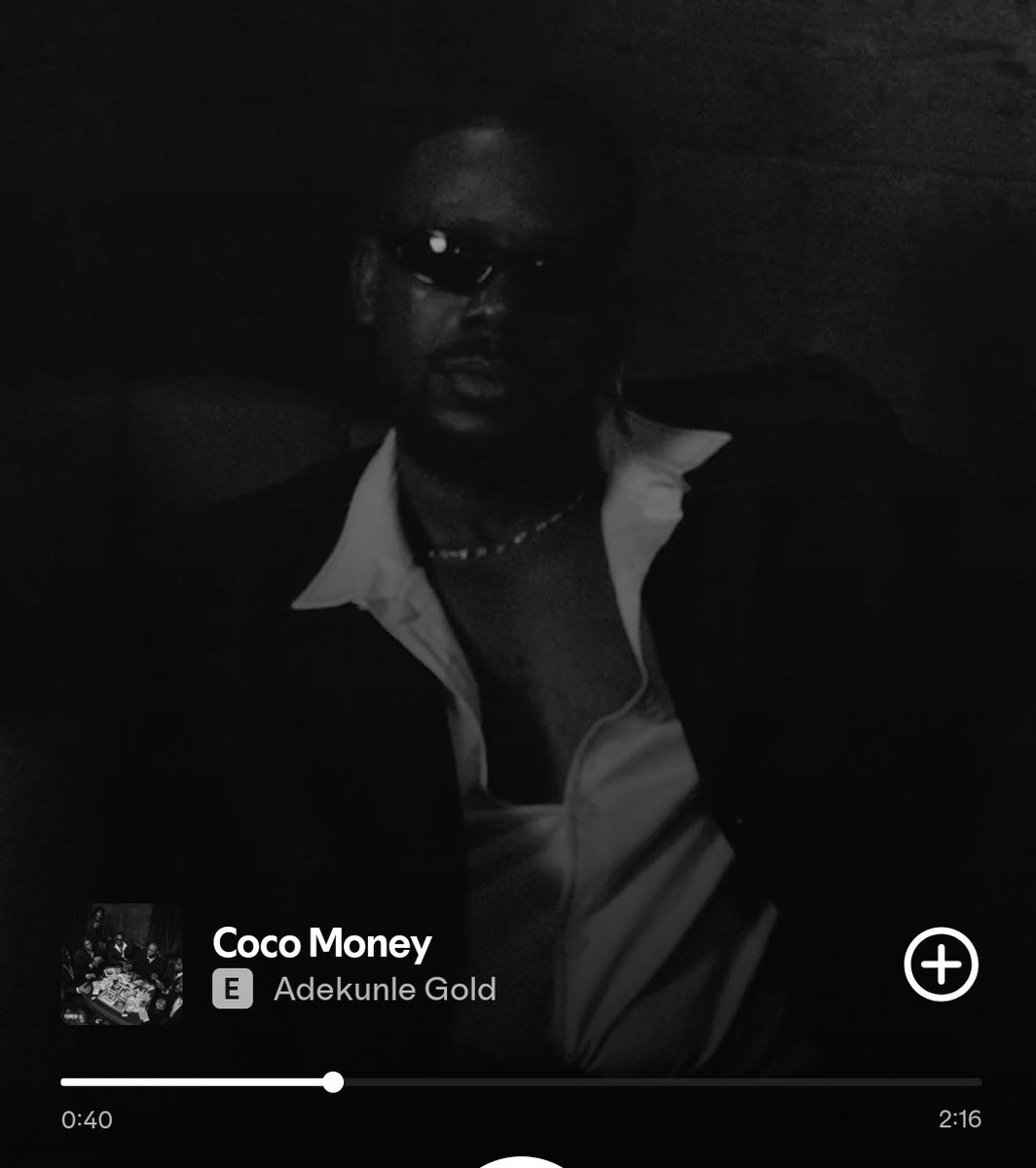AG's Coco Money is one of the best-performing records online. A proper hit.
Now, if you check the writing credits for the song, you'd find names including Robyn Fenty (Rihanna) and Kanye West. These are international stars who didn't contribute directly so why are they credited?
Now, if you check the writing credits for the song, you'd find names including Robyn Fenty (Rihanna) and Kanye West. These are international stars who didn't contribute directly so why are they credited?

The simple answer is that they got credited because they own a piece of the song. How's this even possible?
If you listen to that entire record, you'd find that the chorus repeatedly includes "Bitch better have my money", a popular line from one of Rihanna's biggest songs.
If you listen to that entire record, you'd find that the chorus repeatedly includes "Bitch better have my money", a popular line from one of Rihanna's biggest songs.
Seeing as the record simply repeats the line in AG's own voice as opposed to reusing Rihanna's sound from the record, it registers as an interpolation rather than a sample and it requires crediting the writers of the original song and getting a clearance before release.
So you can be sure AG was in contact with these artists or their publishers and had to clear the line whilst also negotiating a publishing split.
Side Note: Jacques Webster (Travis Scott) is also one of the writers credited because of his contributions to BBHMM.
Side Note: Jacques Webster (Travis Scott) is also one of the writers credited because of his contributions to BBHMM.
Failing to clear an interpolation may leave an artist in danger of a career-damaging legal blowback. Trust me, it gets messy.
I published an article a few weeks ago that explores this even further. It also detailedly explains the difference between sampling and interpolation, in case you had questions about that.
linkedin.com/posts/gbolahan…
linkedin.com/posts/gbolahan…
@threadreaderapp unroll
• • •
Missing some Tweet in this thread? You can try to
force a refresh




